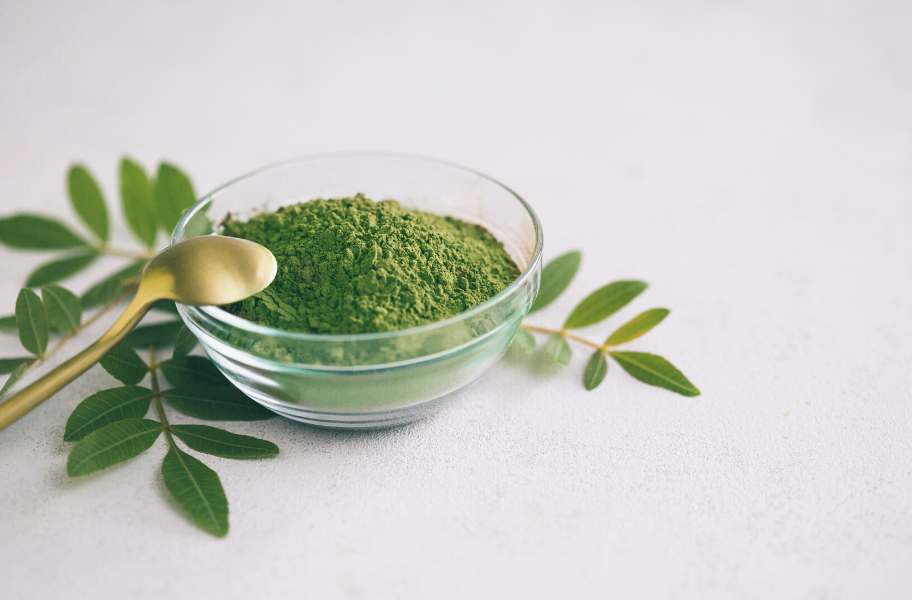In this final post of our Diet Trends series, Dr. Kalli Prater talks about Intermittent Fasting. Want to learn more with us? You can attend one of our online Live Health Chat lectures! Check out our events page to find one you're passionate about!
Diet Trend #4: Intermittent Fasting
Our last notable diet trend isn’t actually about what you eat as much as it is about when you eat. Intermittent fasting can be done in many ways to meet the individual’s lifestyle, and can be used in conjunction with most other diets. This reflects ancient diet trends; because our ancestors' diets depended on what they could hunt or gather, they often experienced more fasting than feasting. Fasting helps the body optimize fat for fuel and also gets rid of tired cells more easily (there’s no room in a fasting body for under-functioning cells!). Because this diet can be done in many ways to meet different health needs, it has a lot of promise, but is still not the perfect fit for everyone.
When fasting intermittently, it's especially important to ensure dietary needs are met through supplementation. Here are some ideas to help support a diet that includes intermittent fasting.
| Product/Supplement | Benefit |
| Green coffee bean | Helps keep blood sugar from dipping and spiking throughout the day while fasting. |
| Whey or plant-based protein powder | Support lean muscle mass. Look for organic plant varieties or whey protein made from cows raised without hormones. |
| Greens and superfood powders | Easy way to increase nutrient density in diet in any diet. |
When it comes down to it, our diet should be balanced and tailored to meet our individual needs. There is no one right way to eat, nor is there a perfect diet. The best diet is one that feeds your body the needed nutrients and is maintainable-- which could and should look different person to person and household to household.
About the Author:
Dr. Kalli Prater is a Chiropractic Physician in Illinois that specializes in Functional Medicine, and also works with Fruitful Yield as a nutrition educator. She has a passion for sharing her knowledge and helping individuals live their healthiest and happiest life.
*Content contained in this article is not intended to provide or to constitute medical or healthcare advice. Nor can it be relied upon as preventative care, cure, or treatment for any disease or medical condition. You should consult a qualified healthcare professional for advice regarding the diagnosis and treatment of any medical condition and before starting any supplementation, nutritional, exercise, or other medical program.




